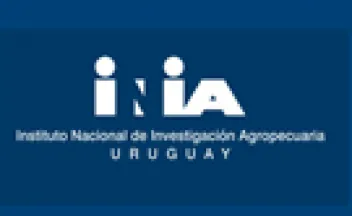Innovando junto a la agricultura familiar.

Componentes:"Seminario sobre Tecnología y Políticas Públicas para la Agricultura Familiar, exposición de stands sobre innovación en la agricultura familiar con la participación de organizaciones de productores, instituciones y programas de investigación de INIA, audiovisual sobre pasado, presente y futuro de la agricultura familiar, muestra de las fotografías ganadoras del concurso "Historias desde adentro"."
